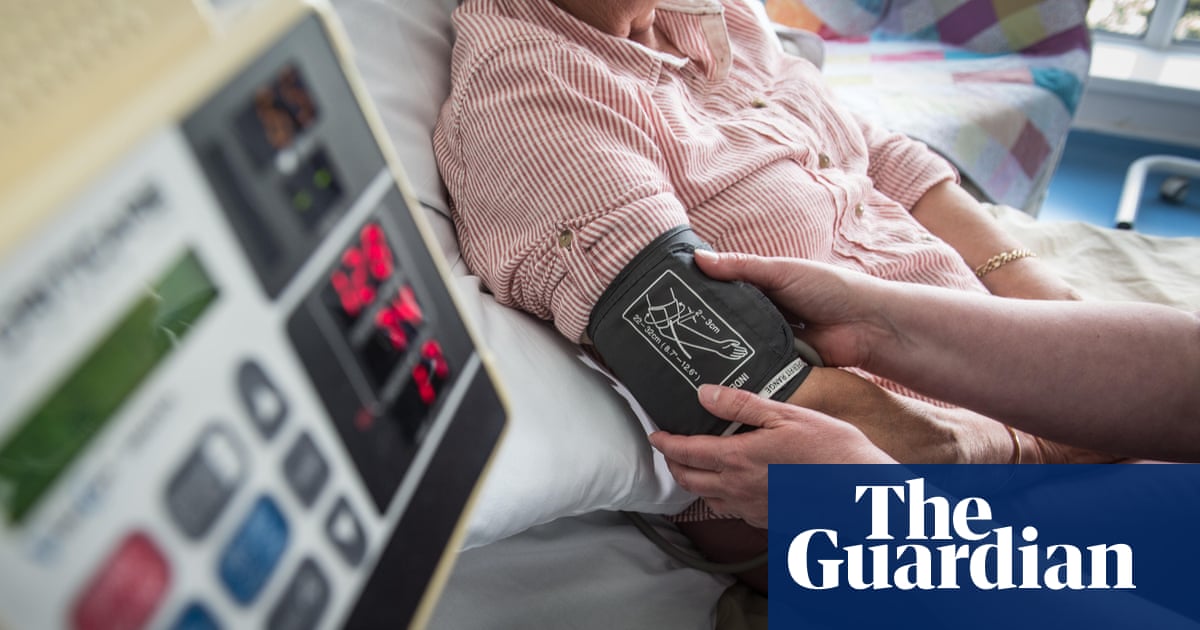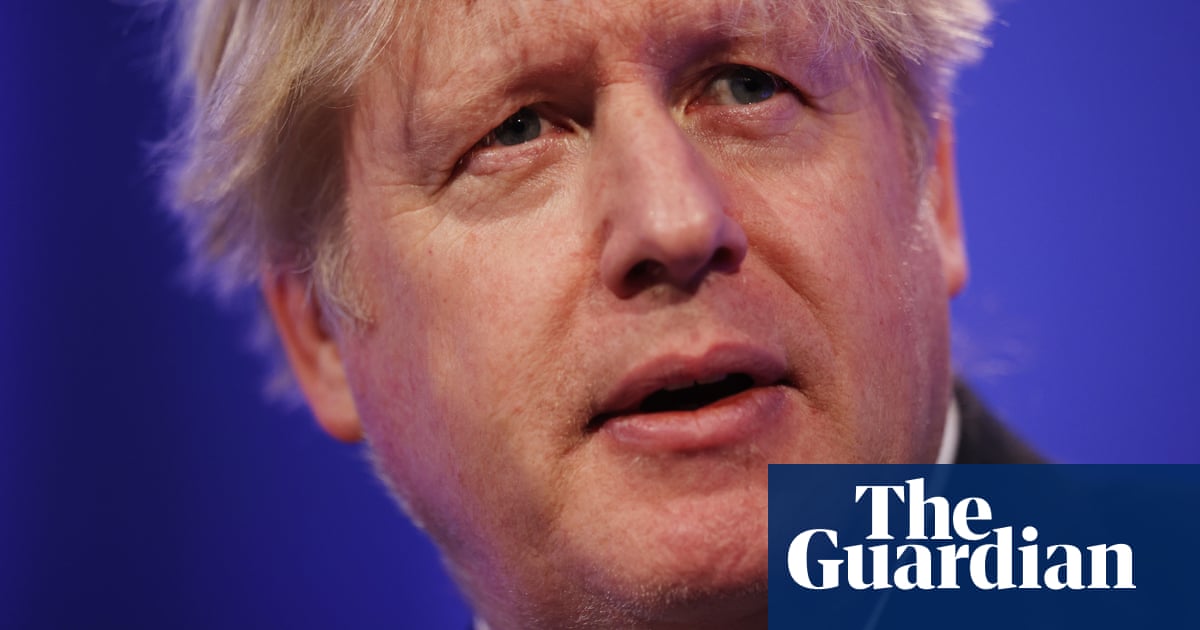
It will be “very difficult” for some people to access the NHS this winter, Downing Street has acknowledged, while insisting ministers have a properly funded plan in place to support a health service that many staff and experts say is near collapse.
Asked if NHS England was in crisis, Rishi Sunak’s official spokesperson said: “This is certainly an unprecedented challenge for the NHS, brought about by a number of factors, most significantly the global pandemic.
“We are confident we are providing the NHS with the funding it needs, as we did throughout the pandemic, to deal with these issues.”
When questioned about whether patients and staff facing vastly long waits for ambulances or hospital beds would agree that the system was being properly resourced, the spokesperson recognised the scale of the issues faced.
“I’ve acknowledged that for a number of people seeking to access the NHS this winter it will be very difficult, because of some of these huge challenges that the pandemic in particular has forced upon us,” he said.
“What I’m saying is that we recognised well in advance that this would be a challenging winter, and we have sought to put in place a number of measures to mitigate these challenges.”
Sunak is under pressure to act swiftly amid warnings that a crunch in emergency care, which is causing an estimated 300 to 500 excess deaths a week and routinely creating distressing scenes in emergency departments, could last well into spring.
The prime minister does not as yet have any public appearances scheduled for this week, when the Commons remains in recess. Nor does Steve Barclay, although the health secretary is expected to make an NHS-related visit in the coming days.
Sunak’s spokesperson said No 10 did not accept the estimate of up to 500 excess deaths a week made by Dr Adrian Boyle, the president of the Royal College of Emergency Medicine, and disputed the idea that NHS patients would have to “get used to” long waits.
“That’s not what I’ve said. We have a plan, backed by significant amounts of funding, and NHS England will come forward with primary and emergency recovery plans in the coming weeks, which will set out more detail about how we will bring down these numbers – again, backed by significant funding,” he said.
Details of the NHS England action would come “as soon as possible”, he said.
Asked if backlogs created by Covid were the cause of the crisis, the spokesperson said it was “one of the significant drivers”, along with a shortage of adult social care places into which vulnerable patients could be discharged, describing the latter as “a longstanding issue that we have recognised and have been seeking to address”.
He added: “We had been upfront with the public long in advance of this winter that because of the pandemic and the pressures it placed in the backlog of cases, this would be an extremely challenging winter and that is what we are seeing.”
The government was “doing everything possible to increase the number of beds”, the spokesperson said, but he did not comment on ideas mooted to improve this, for example opening temporary Nightingale hospitals.
Asked if the government’s preparations for the winter were going as planned, or worse, he said: “I would simply say we will always recognise this will be a very challenging winter and I think a number of healthcare systems around the world are also seeing similar challenges.”
The spokesperson dismissed questions about the private healthcare used by Sunak and his family, and whether that insulated him from the crisis.
He said: “It would be wholly wrong to attempt to claim the prime minister is not fully aware of the challenges our health service is facing.”











